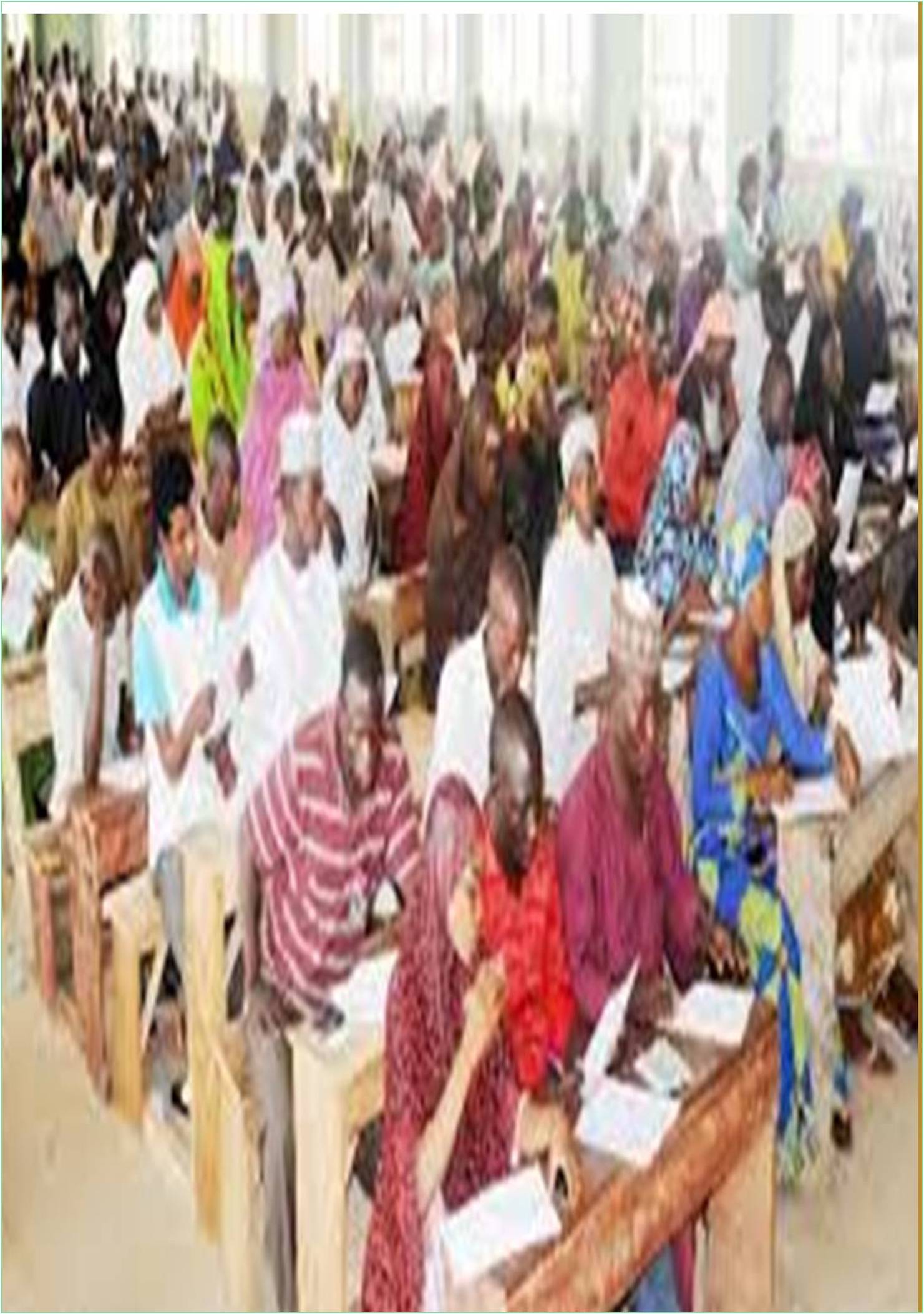



Received: 02-Feb-2022, Manuscript No. IJANFE-22-60704; Editor assigned: 07-Feb-2022, Pre QC No. IJANFE-22-60704(PQ); Reviewed: 21-Feb-2022, QC No. IJANFE-22-60704; Revised: 28-Feb-2022, Manuscript No. IJANFE-22-60704(R); Published: 10-Mar-2022
Informal education refers to learning that takes place outside of a traditional curriculum and it includes student interests within a curriculum in a conventional classroom context, conversation, as well as the investigation and expansion of experience are key components. Sometimes, there is an obvious goal link to some larger design; the idea is to give students the tools they need to go to increasingly difficult content, it can refer to a varietyf of alternative education methods including un-schooling and auto-didacticism.
Informal education is made up of both unintentional and intentional ways of sharing new information; it can be discussion-based with the goal of bridging the gap between typical classroom settings and life outside the classroom because people receive information differently, a structured curriculum may not allow all students to comprehend the material because informal education is less regulated than formal education, it has the potential to be extremely powerful and individuals can learn to react, to and control varied situations and environments through informal education. Furthermore, it brings together social factors that are critical to learning; it can be defined as learning that occurs naturally as a result of participation in youth and community organizations. This style of education is a spontaneous process that allows people to learn in fresh ways; it contributes to the development of beneficial learning communities, associations, and connections.
The society has created a variety of organizations to carry out educational functions and other form of organizations. Socialization is a lifelong process that is extremely complicated and has far-reaching ramifications as a means of cultural transmission, there is a variety of formal, informal, and non-formal agencies that contribute directly or indirectly to the socialization process.
The precise agencies engaged in the socialization process, as well as how they contribute to it are highly dependent on the sort of society and its level of development. In primitive cultures, the socialization process is not less sophisticated but the socialization agencies are few and informal. As cultures become more complicated, the process of socialization tends to become more sophisticated, and socialization arrangements are becoming more structured and formalized.
This is a typical educational method; this kind of education is delivered in schools or colleges, it is carefully and purposefully designed to have a specific and unique effect on the education, as a result it is associated with educational institutions. Education serves a communal purpose; its goal is to assist the child in adjusting to the social environment which he or she will grow up and it allows society to provide an adequate community of ideas and sentiments for its inhabitants which is necessary for any civilization to flourish and survive.
Thus, formal education is defined as education that is consciously controlled and planned by the state or it is designated agency, such as a school with specific objectives, in such a system of education there are rigid rules for admission age, course content, duration, examination procedures, elective subject selection, and so on; it is a well-structured educational system.
It is defined as education that is not structured, methodically organized, regulated, or purposefully planned and lacks conventions, rules, and regulations, as well as discipline, there are no particular and distinct teachers, pupils, curriculum, or procedures; there is no specific authority to control, it is a process that lasts a lifetime and begins with birth and concludes with death. Informal educational organizations include things like playgrounds, fields, library, neighborhood, and the media.
Non-formal education refers to purposefully organized and planned training in certain areas of knowledge, skill, or values that takes place outside of school or similarly designated institutions with age, time of instruction, and a choice of what to learn flexibility, this is a situation in which the word "flexibility" is crucial.
The system is open in terms of entrance, curriculum, and location of instruction, form of instruction, and time and duration of instructions among other things and there are various examples of such systems they include the Open University, open learning, and remote education courses, it is a critical mode for promoting India's aims of universal basic education and literacy. Part-time and non-formal education centers are typical instances of this system.